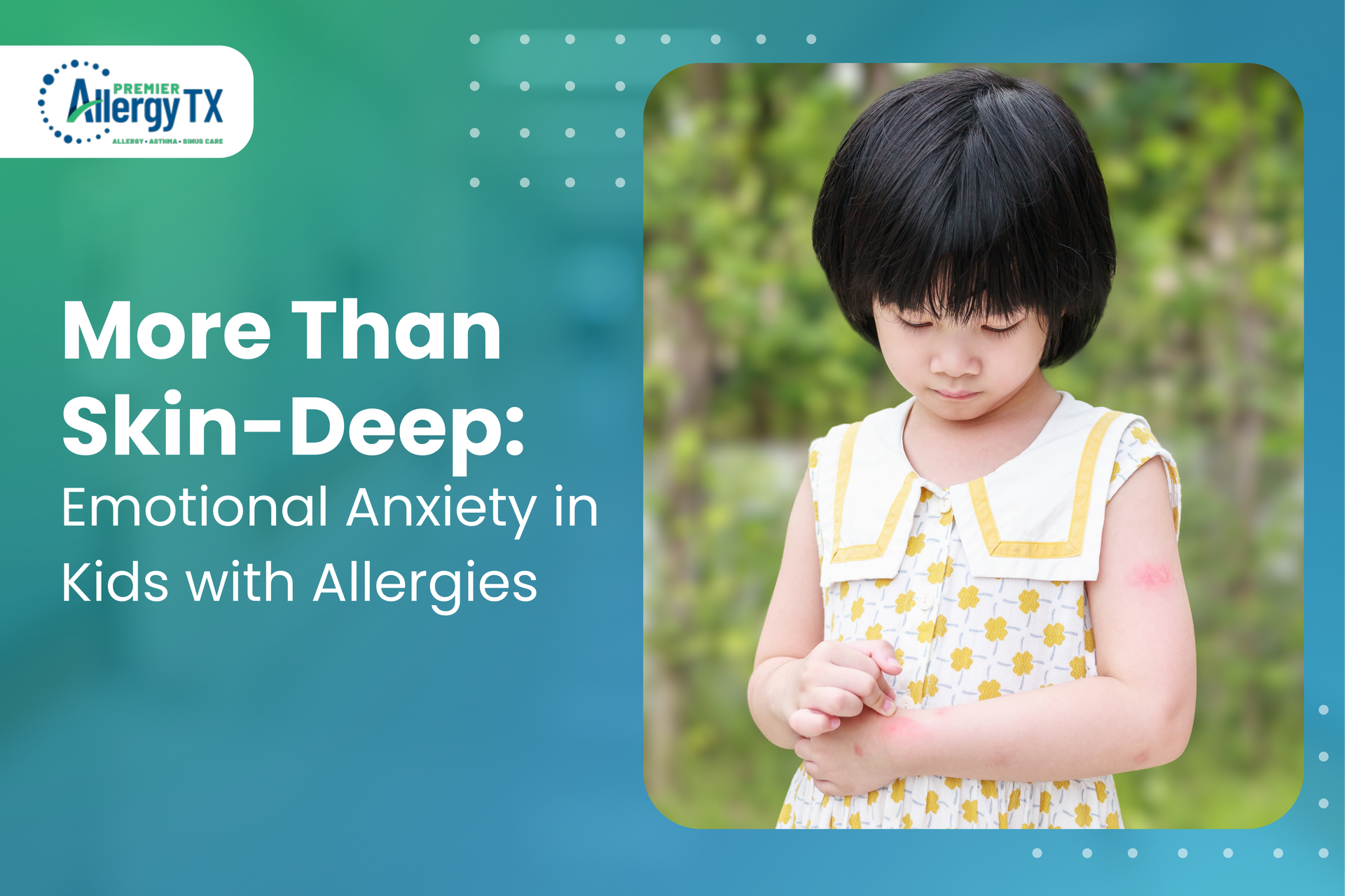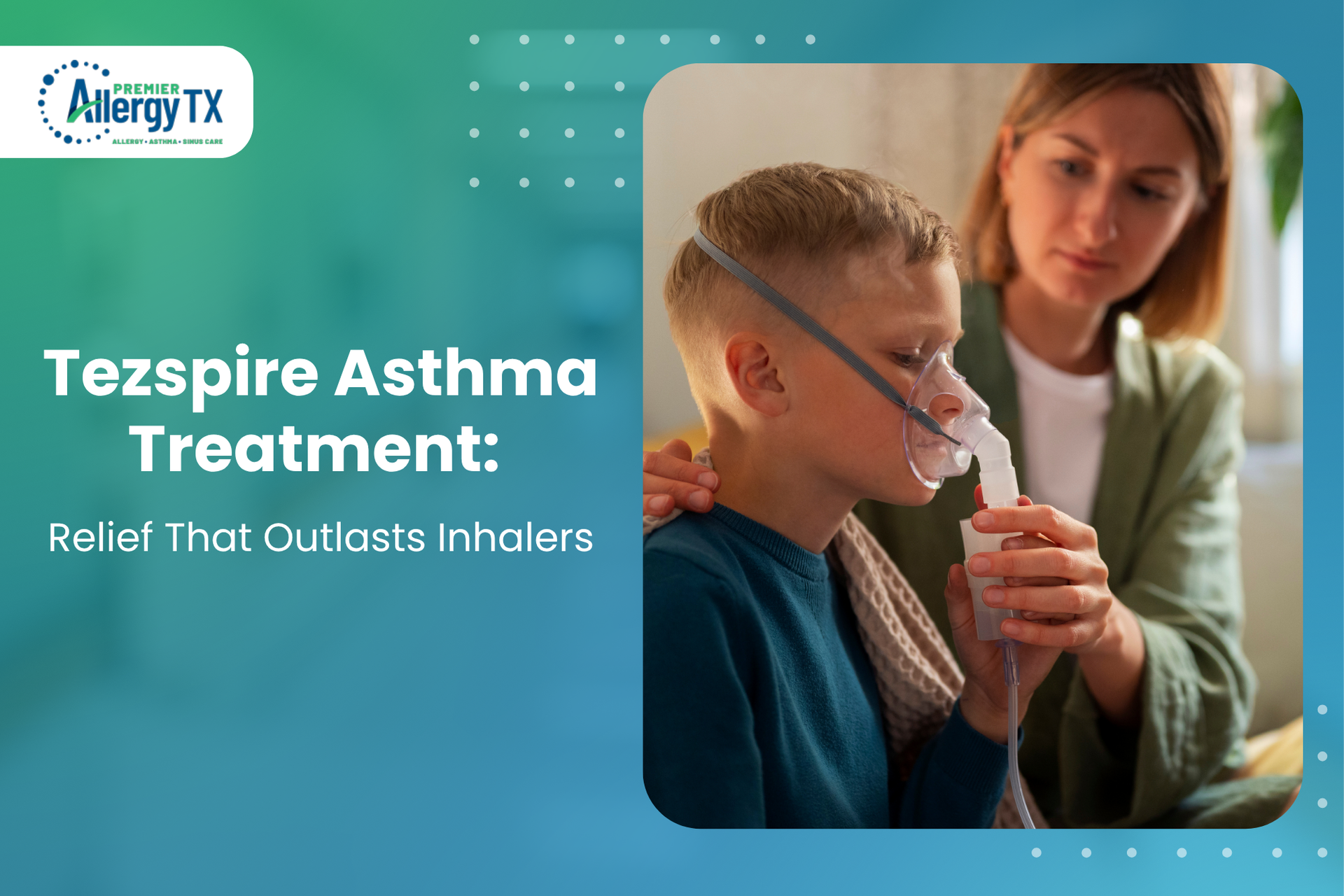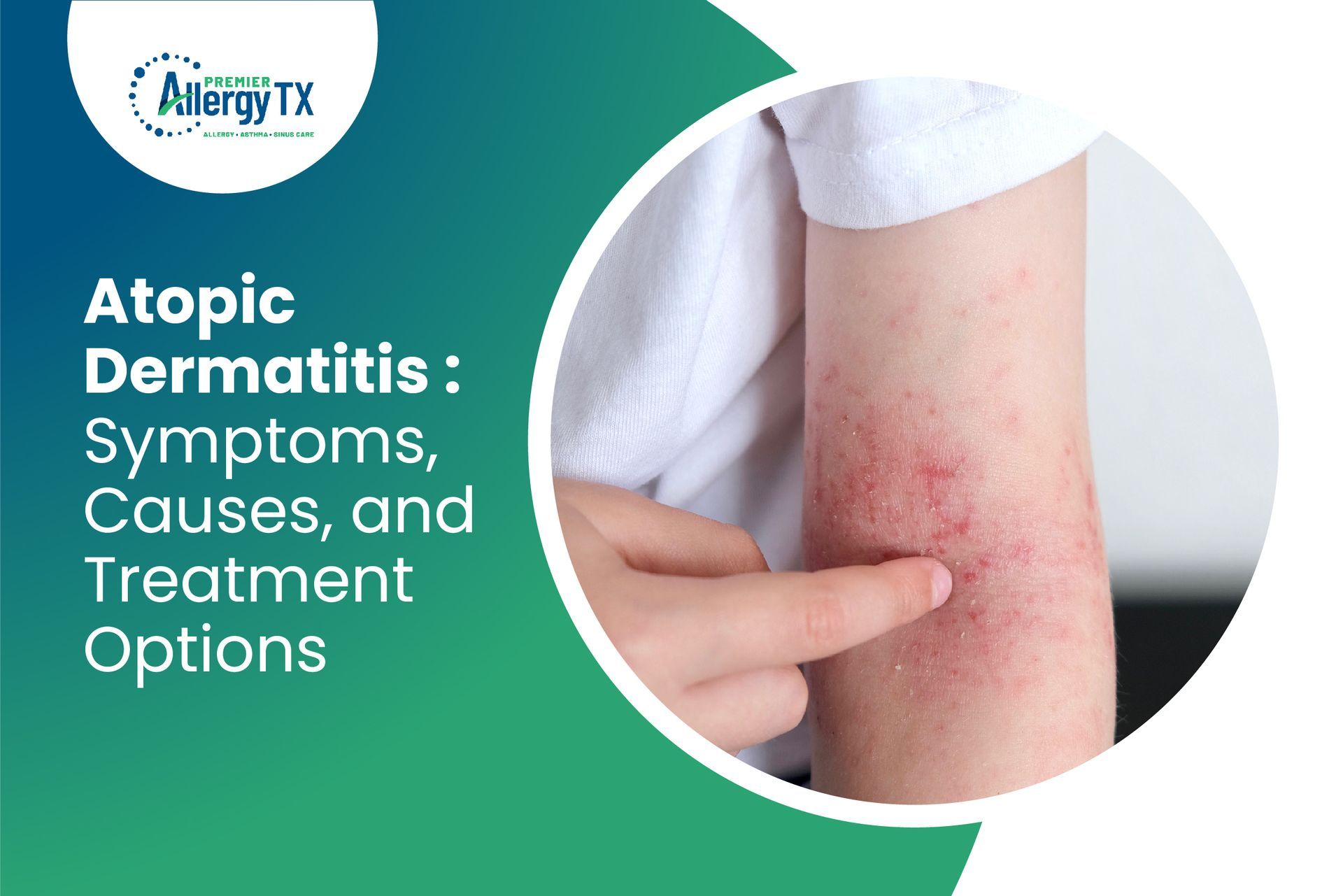You’re sick, and the only thing you want in the world right now is to get better. So when you receive your prescription, you fully trust that the medicine will alleviate your suffering. But what if it makes things worse?
This is a nightmare that nobody wants to ever live through, but it’s also a reality for a number of people with drug allergies. Medication allergies are reactions to drugs that your immune system mistakenly identifies as harmful. These reactions range from mild symptoms, like rashes and itching, to severe and potentially life-threatening conditions, such as anaphylaxis.
While all medications can cause side effects, only a small fraction of these reactions are actually allergy-related. According to the American Academy of Allergy Asthma & Immunology, about five to ten percent of adverse drug reactions stem from an allergy. This means that although many people might experience unwanted effects from medications, only a minority of these cases involve the immune system responding to the drug as if it were a harmful substance.
Here’s the silver lining: expert allergists specialize in navigating these tricky situations, helping you find a way forward even when medication backfires.
If you suspect you have a drug allergy, it's crucial to contact our expert team of San Antonio allergists. We offer individualized care and treatment choices, prioritizing your well-being and safety.
Medication allergy can be a surprise, especially when you’ve never encountered the drug before. You never know when your body may react unexpectedly, causing a
drug allergy. It may also be confusing whether you’re experiencing a side effect of the drug or an actual allergy.
Let’s find out what drug allergy appears like and how you can detect it.
The Culprits Behind Allergic Reactions
There are various reasons why you could potentially experience medication allergy. So it’s impossible to simply prevent an allergic reaction by not taking any medicine at all. This only hinders the path to getting better. Instead, it’s about understanding the underlying factors that could cause an allergy. Here are some of the known triggers that you need to watch out for:
- Medication Itself
Sometimes, the medication’s active ingredient is the cause. Your body may view it as a foreign invader, prompting an immune response to neutralize the perceived threat. Check the ingredients of the medication for any of your known allergens before ingesting it.
2. Inactive Ingredients
If it’s not the main ingredient of the drug, it might be because of inactive ingredients like fillers, dyes, or preservatives. This can be harder to catch, especially if you don’t have time to read the fine print in the packaging.
3. Metabolites
As your body metabolizes medications, it produces byproducts known as metabolites. These metabolites may sometimes be recognized as allergens, leading to an immune response. It might take expert consultation and testing to detect this.
Why Does This Happen?
The million-dollar question: why does your immune system go haywire in the presence of certain medications? Although the specifics may differ from person to person and depending on the medication, there are several commonly shared theories regarding the exact mechanisms involved:
- Immune System Miscommunication
Your immune system is a highly complex network of cells and proteins designed to protect you from harm. Sometimes, this system misinterprets harmless substances as threats, triggering an
allergic reaction.
Genetics may play a role in determining who is more likely to develop drug allergies. Certain genetic variations may increase your susceptibility to allergic reactions.
Prior exposure may influence your body's response to medication. If you’ve had a previous allergic reaction to a similar medication or substance, your immune system may react more strongly in the future.
Recognizing the Signs
Drug allergies may manifest in various ways, ranging from mild to severe. Some
common symptoms include:
- Skin Reactions
Rashes, hives (itchy welts on the skin), and eczema flare-ups are often early signs of a drug allergy.
2. Respiratory Issues
If you experience wheezing, difficulty breathing, or a cough that won't go away, it could signal a reaction impacting your lungs.
3. Gastrointestinal Problems
If the allergy primarily affects your digestive system, you might experience nausea, vomiting, diarrhea, or stomach pain.
4. Swelling
A burning sensation or swelling in the face, lips, tongue, or throat, especially if breathing or swallowing becomes difficult, indicates a severe allergic reaction that needs urgent medical care.
5. Anaphylaxis
In rare cases, a severe allergic reaction known as
anaphylaxis can occur, causing a sudden drop in blood pressure, loss of consciousness, and potentially deadly consequences if not treated promptly.
How is a Medication Allergy Diagnosed
If you think you might have a drug allergy, the first step is to get an accurate diagnosis for proper treatment. At Premier Allergy Texas, our San Antonio allergists will thoroughly examine you to determine whether it’s a drug allergy or another issue. Schedule your consultation with us at Premier Allergy Texas today and kick-start your allergy management today. We offer comprehensive services to identify the exact cause of your symptoms and develop a personalized treatment plan such as:
- Medical History: Your allergist will inquire about your medical background, including any prior encounters with allergies or adverse reactions to medications. This thorough examination aids in understanding your health history and identifying potential triggers for your symptoms.
- Allergy Testing:
In addition to reviewing your medical history, your allergist may conduct specialized tests to determine the source of your symptoms. Medication allergy testing typically involves skin tests, where small amounts of suspected allergens are applied to your skin to monitor for reactions. These tests are safe, minimally invasive, and offer valuable insights into your body's immune response.
- Blood Tests: In certain instances, blood tests may be required to measure levels of specific antibodies linked to drug allergies. These tests play a vital role in confirming a diagnosis and pinpointing the exact medication responsible for your allergic reaction.
Why Prompt Intervention Matters
Identifying a drug allergy early is crucial for the following reasons:
Some drug allergies can escalate rapidly, leading to life-threatening complications like anaphylaxis. Prompt recognition allows for swift intervention.
If you suspect you’re experiencing a drug allergy, informing your healthcare provider enables them to adjust your treatment plan accordingly.
Once identified, you can avoid the trigger medication in the future, reducing the risk of future allergic reactions.
Exploring Treatment Options for Drug Allergies
- Avoidance of Causative Medications
The primary strategy in managing a drug allergy is to steer clear of the medication that triggers the allergic reaction. Your allergist will collaborate with you to identify alternative medicines that can effectively treat your condition without inducing an allergic response.
- Identification of Alternative Medications
Your allergist will assist you in finding suitable alternatives to the offending medication. These alternatives are chosen based on their efficacy in treating your condition without causing an allergic reaction.
- Medication to Alleviate Symptoms
Along with avoiding triggers, your allergist might recommend medications to ease your symptoms and lower the chances of future reactions. Allergists commonly prescribe antihistamines to relieve itching, sneezing, and other allergy symptoms, while they may recommend corticosteroids for more severe reactions.
- Epinephrine Auto-Injector for Anaphylaxis
Carrying an epinephrine auto-injector is crucial for individuals at risk of experiencing life-threatening anaphylaxis. This tool administers a dose of epinephrine, swiftly reversing the symptoms of anaphylaxis and averting any potential complications.
- Following Allergist’s Recommendations
Adhering to your allergist’s recommendations and avoiding triggers can effectively manage your drug allergy and enhance your quality of life. Remember, our team at
Premier Allergy TX is here to support you every step of your journey to better health.
Navigating the Maze of Medication Allergies
Don’t let drug allergies dictate your quality of life. By staying informed, recognizing the signs, and seeking prompt medical attention when needed, you may take control of your health and minimize the impact of medication-related allergic reactions. Remember, our team at
Premier Allergy TX is here to offer compassionate and personalized support as you drive toward better health.
Ready to take control of your drug allergies? Schedule an appointment with our
immunologist in San Antonio today by calling (210) 764-6567 or by clicking the “Schedule an Appointment” button and experience personalized care tailored to your needs.





















